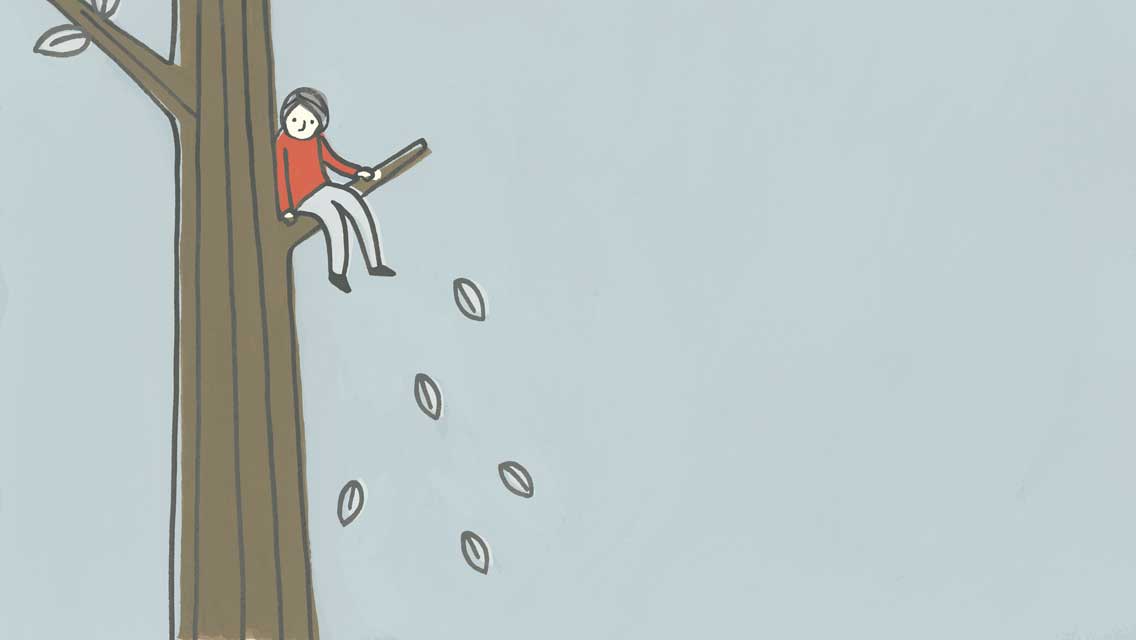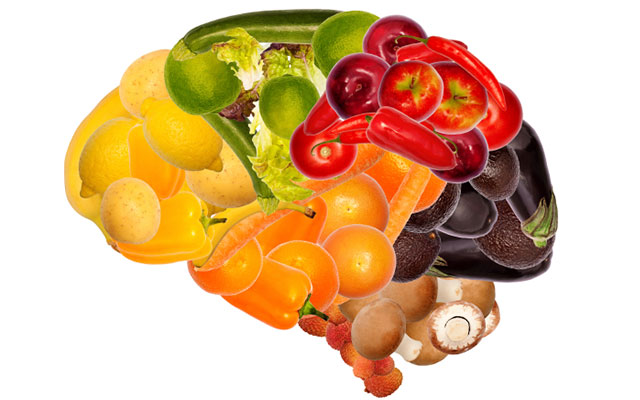My late grandfather, William Winters, spent most of his long life struggling to carve out a living as a tenant farmer in Minnesota and the Dakotas. He died 43 years ago, sharp as a tack, at the age of 93. Though I can’t recall anyone ever expressing much interest in what went on in Grandpa’s brain, recent research tells me that some young and agile minds at Harvard Medical School might have enjoyed taking a peek. They may have even called him a “super-ager.”
I’m reminded of Grandpa after stumbling last week on an article in Scientific America describing the results of a Harvard study suggesting that geezers spend less time worrying about their thinning hair and more time firming up their thinning cerebral cortices. This outermost layer of the brain, which includes a couple of vital networks related to memory and attention, tends to trim down as we age. A thicker cortex, they found, translates to a better memory and more efficient cognitive function overall.
Super-agers are somehow able to maintain this thickness better than most elderly folks, though the study’s authors could only speculate on the forces at play. Other recent studies, however, have linked healthy aging brains to diet, exercise, and genetics.
Nurture vs. Genetics
Researchers from the University of Illinois at Urbana-Champaign in December published a report that showed a correlation between high levels of lutein and thicker gray matter in the parahippocampal cortex. Lutein, which comes from eating leafy green and cruciferous veggies as well as egg yolks, accumulates in brain-cell membranes, where it likely plays “a neuroprotective role,” according to lead study author Marta Zamroziewicz.
More recently, a study at Boston University Medical Center found that geezers with high levels of cardiorespiratory fitness scored better on memory tests than their less-fit peers. MRI brain scans showed increased activation in brain regions that typically decline with age.
And earlier this month, Columbia University Medical Center researchers published findings that suggest it’s all about the genes — specifically a common genetic variant that has been shown to affect brain aging.
“If you look at a group of seniors, some will look older than their peers and some will look younger,” said study coauthor Asa Abeliovich, PhD, a professor of pathology and neurology at Columbia’s Taub Institute for Alzheimer’s Disease and the Aging Brain. “The same differences in aging can be seen in the frontal cortex, the brain region responsible for higher mental processes. Our findings show that many of these differences are tied to variants of a gene called TMEM106B. People who have two ‘bad’ copies of this gene have a frontal cortex that, by various biological measures, appears 12 years older than those who have two normal copies.”
About a third of us have two copies of this gene, and whether those copies are helpful or harmful is simply a crapshoot that occurs around the time you qualify for Medicare. “Until then, everybody’s in the same boat, and then there’s some yet-to-be-defined stress that kicks in,” Abeliovich explained. “If you have two good copies of the gene, you respond well to that stress. If you have two bad copies, your brain ages quickly.”
I can’t speculate on the lutein content in Grandpa Winters’s diet (he did keep chickens, so there were always plenty of eggs) but, given his affinity for Pioneer Beer and Dutch Masters cigars as well as his attachment to his rocking chair, I’m guessing the mental acuity he enjoyed into his 90s probably had less to do with his diet or workout schedule than with the luck of the genetic draw.
That’s cold comfort, I know, to anyone aspiring to super-ager status. Lose the gene lottery and you could work out every day, load up on the lutein, and still find yourself fumbling for your home address by the time you hit 70. It doesn’t seem quite fair.
My grandfather wouldn’t have disagreed with you on that count, but he wasn’t one to dwell on such things. There were chickens to feed, after all, a cow to milk, and a garden to tend. And, at the end of the day, a cold beer and a fine, cheap cigar. He was pretty smart that way.




This Post Has 0 Comments